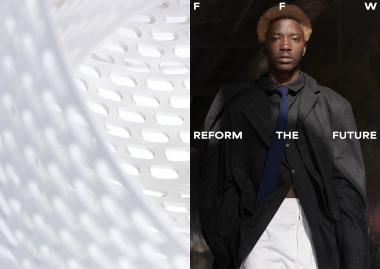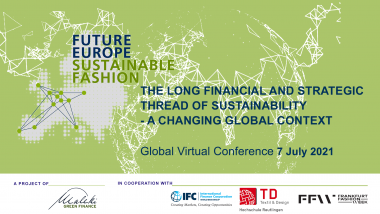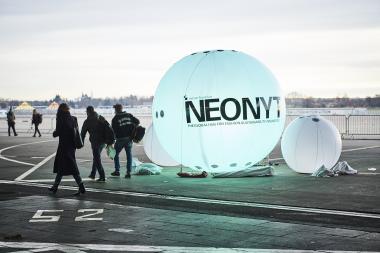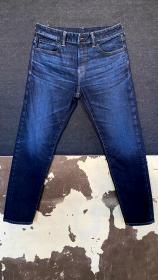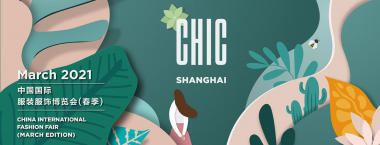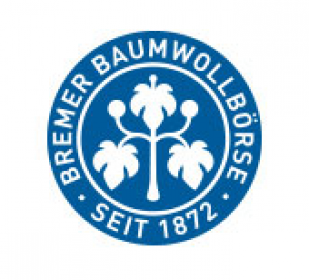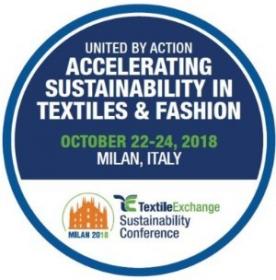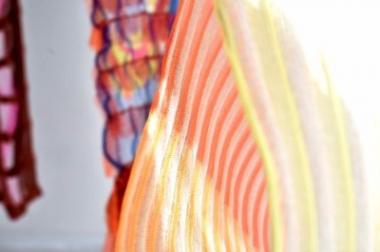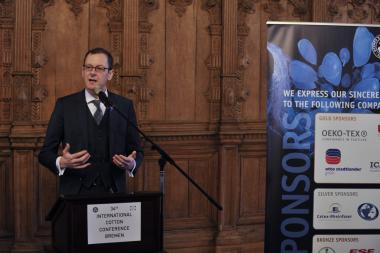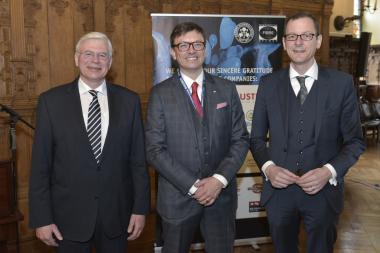Frankfurt Fashion Week: Registrierung für den ersten Frankfurt Fashion SDG Summit
Neue Wege aufzeigen, Wissen austauschen und zum Aufbruch in eine neue Mode-Ära aktivieren – das ist die Mission des ersten Frankfurt Fashion SDG Summits. Die von der Conscious Fashion Campaign präsentierte und in Zusammenarbeit mit dem United Nations Office for Partnerships veranstaltete Konferenz wird am 7. Juli 2021 im Rahmen der Frankfurt Fashion Week ausgestrahlt – von 11.30 bis 17 Uhr live und digital über das FFW Studio.
Es ist das große Thema unserer Zeit: Nachhaltigkeit. Der Frankfurt Fashion SDG Summit trägt es in seiner DNA und behandelt das Thema aus einer globalen Perspektive heraus. Gemeinsam mit der Conscious Fashion Campaign, die den Summit präsentiert, und in Zusammenarbeit mit dem United Nations Office for Partnerships, macht sich die Konferenz zur Aufgabe, Wissen rund um Nachhaltigkeit in der internationalen Textil- und Modeindustrie zu teilen, den Modesektor für weitere Maßnahmen zu aktivieren und so Industrie und Handel nachhaltiger zu machen. Die 17 Call-to-Actions, die von allen UN-Mitgliedsstaaten als nachhaltige Entwicklungsziele verabschiedet wurden, bieten den Rahmen für eine hochklassige Agenda.
Agenda mit klarem Fokus auf nachhaltige Zukunft der Mode
In Panels wirft der Summit einen Blick auf den Status quo der weltweiten Modeindustrie. Designer*innen schildern ihre Erfahrungen in Bezug auf Nachhaltigkeit in der Mode und legen offen, welchen Einfluss das Business auf soziale, politische und ökologische Themen hat. Internationale Expert*innen diskutieren über die Rolle der Mode auf dem Weg zum Klimagipfel COP26 und junge Klimaaktivist*innen berichten über den Fortschritt ihrer Bewegung, die einen sozialen und politischen Wandel in Gang gesetzt hat. Darüber hinaus stehen Themen wie Geschlechtergleichheit, sauberes Wasser, Klimaschutz sowie soziale Gerechtigkeit und ihre Bedeutung für eine zukunftsweisende Modebranche auf dem Programm.
Speaker*innen aus Mode, Politik, Wissenschaft und Klimaschutzbewegungen
Zu den Speaker*innen zählen angesehene Vertreter*innen der Design- und Modebranche, wie etwa Christiane Arp (Fashion Council Germany), Caroline Rush (British Fashion Council), Claudio Marenzi (Pitti Uomo), Lucilla Booyzen (South African Fashion Week), Nadja Swarovski (Swarovski Foundation), Patrick McDowell (Patrick McDowell und Pinko), Steven Kolb (Council of Fashion Designers of America) und Svein Rasmussen (Somwr). Daneben betreten hochrangige Repräsentant*innen der United Nations, Vertreter*innen aus Politik und Wissenschaft sowie Klimaaktivist*innen das Podium.
Kostenlose Registrierung unter: www.sdgsummit.fashion/registration.
Frankfurt Fashion Week Messe Frankfurt Frankfurt Fashion SDG Summit UN Sustainable Development Goals Nachhaltigkeit events
Messe Frankfurt GmbH


